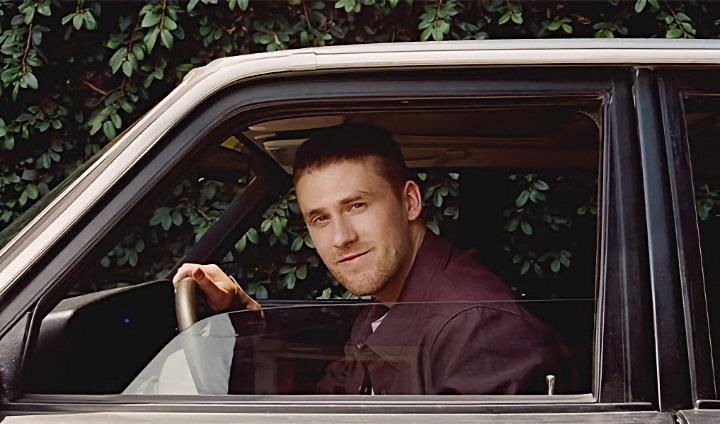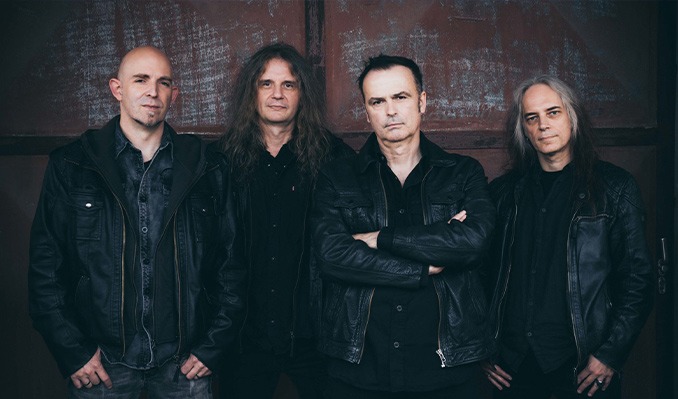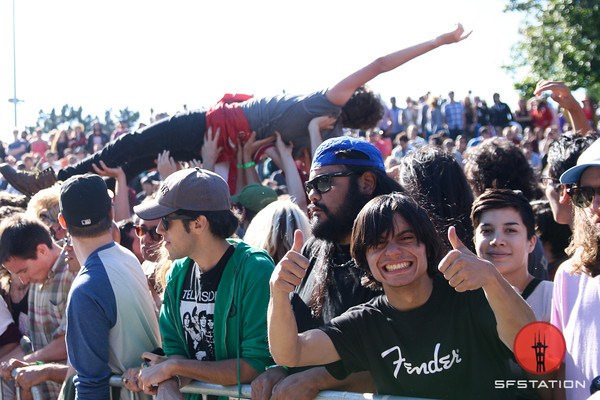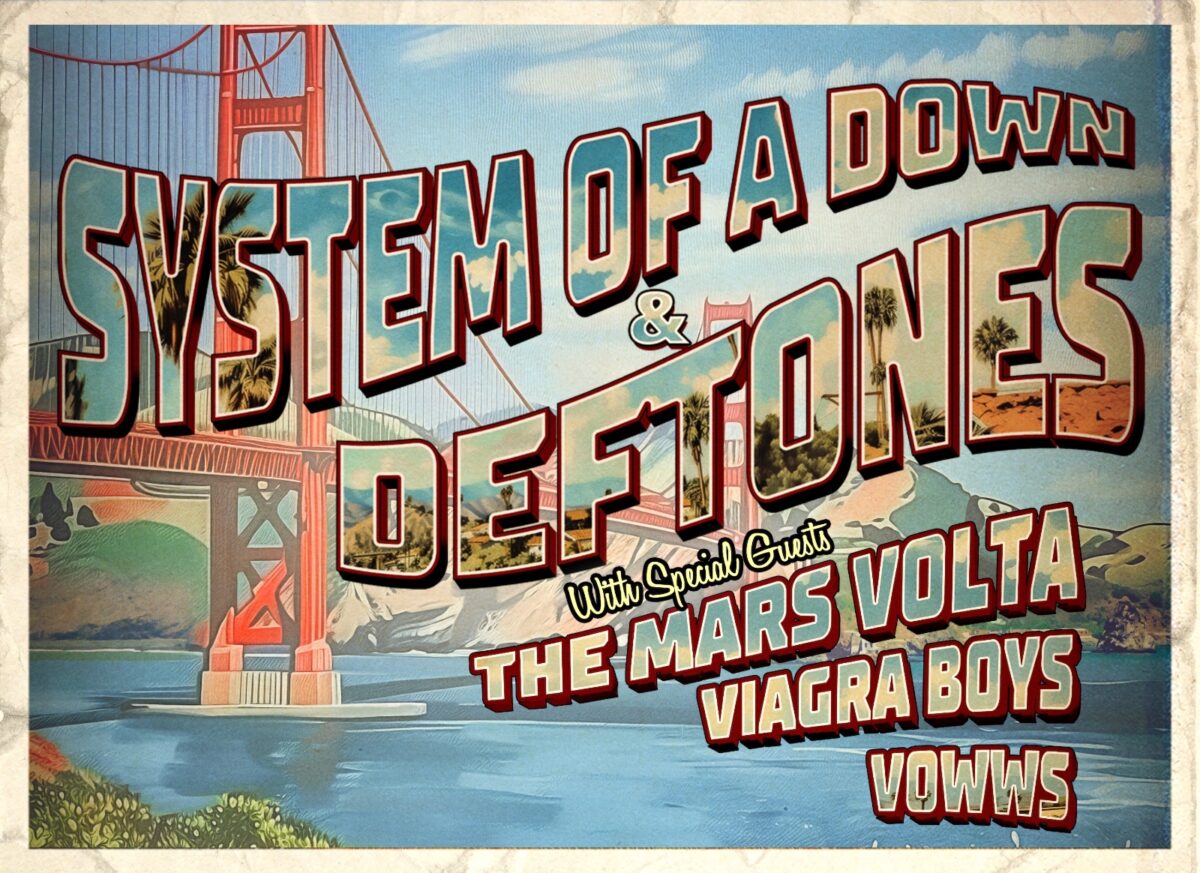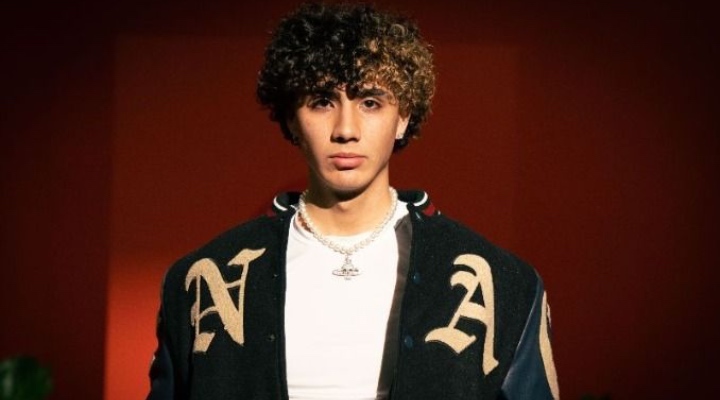Movie Review: Brave
Over almost 20 years and 12 films, Pixar Animation Studios has developed a well-earned reputation for combining popular entertainment and artistic innovation. The Bay Area based animation studio returns this weekend with Brave.
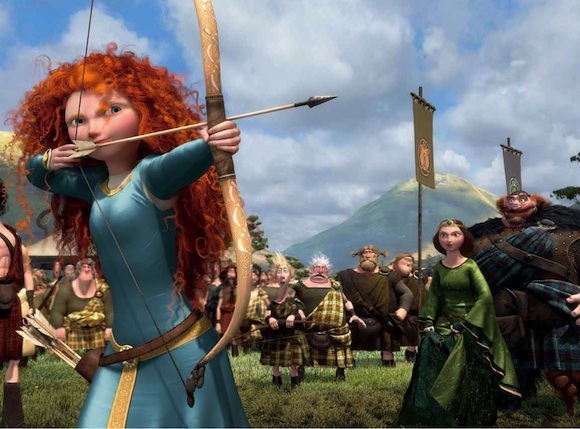 With Brave, a fantasy action-adventure, Pixar moves into what was once exclusively Disney territory: a female protagonist (a first), a princess (another first), a period setting (yet another first), and a fairy tale (still another first). The pressure of so many firsts, especially with the usual Internet scrutiny that every Pixar production merits, could have led to a relatively safe, non-ambitious film. in Brave’s case, thankfully the opposite is true, falling just short of Pixar’s first-tier efforts (e.g., Toy Story 1-3, Wall-E, Up, The Incredibles), but easily worthy of second-tier status.
With Brave, a fantasy action-adventure, Pixar moves into what was once exclusively Disney territory: a female protagonist (a first), a princess (another first), a period setting (yet another first), and a fairy tale (still another first). The pressure of so many firsts, especially with the usual Internet scrutiny that every Pixar production merits, could have led to a relatively safe, non-ambitious film. in Brave’s case, thankfully the opposite is true, falling just short of Pixar’s first-tier efforts (e.g., Toy Story 1-3, Wall-E, Up, The Incredibles), but easily worthy of second-tier status.
Brave centers on Merida (voiced by Kelly Macdonald), a headstrong Scottish princess. Despite or perhaps because of her status as a princess, Merida chafes at the constraints and limits her mother (and queen), Elinor (Emma Thompson), imposes on her with the general acquiescence of her father (and king), Fergus (Billy Connolly). Merida quickly emerges as a rebel, anti-authoritarian and anti-traditionalist. Elinor is the staunch traditionalist, tied to highly defined, circumscribed gender roles, constantly reminding Merida of her duties and obligations as a young woman, princess, and future queen. Merida prefers the life of adventure, of archery and horseback riding, of mountain climbing, and long treks through the woods, unencumbered by the demands of her family or her role within the family.
Put another way, Merida wants to be the protagonist of her own story, not a supporting character in her mother’s (or her father’s for that matter). After Merida openly disobeys her mother’s wishes, entering an archery contest intended to determine her future husband from three neighboring clans, she runs away into the nearby forest, encountering an ancient, toothless witch (Julie Walters), who promises to change Elinor, ostensibly to bring Elinor around to Merida’s worldview. That doesn’t happen, of course, or rather it does, but not in the way Merida imagines. Merida learns one or more important life lessons, beginning with the old adage that you should be careful what you wish for and ending with newfound maturity and respect for generational differences.
Brave subverts the traditional character arc for Disney princesses that involved the princess in question meeting her eventual life partner. Merida never does. The three-suitor subplot simply sets the stage for Merida’s break with her mother and her rash, self-centered, willfully oblivious decision to make a bargain with the witch, a decision she quickly regrets once the full implications of the witch’s spell, spurred by a supernatural deadline, becomes clear. It’s metaphor made literal, but to say more would be to spoil Brave’s many story- and character-based surprises. Suffice it to say, however, that Brave succeeds where most, though not all, Pixar films have succeeded: In creating an emotionally affecting, poignant story with universal themes.
Not surprisingly, Brave also succeeds where many Pixar films have succeeded in the past: world-building. Pixar’s takes its attention to skin, hair, clothes, and fur, not to mention rocks, trees, and man-made objects to the next level of computer animation. The Scottish highlands, forests, and castles, not to mention the fauna that populates Brave’s medieval world, betray the obsessive level of detail synonymous with Pixar over the last seventeen years. Oddly, it’s the occasionally murky, muddled 3D that works against the visual artistry and accomplishment evident in every frame. Ultimately, however, that’s a minor problem that can be easily resolved by seeing Brave in 2D.
Showtimes and Tickets



